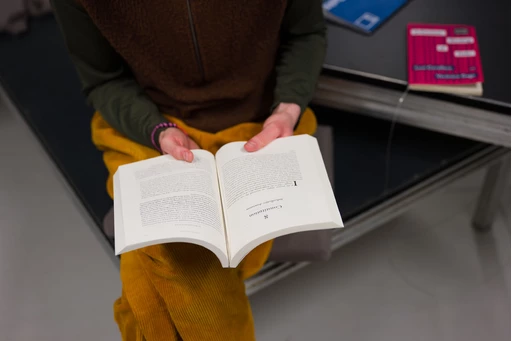
The “Usufructuaries of earth” focus on Prospections is a reader that undergirds the project as an usufructuary of knowledges, turning the research into a collective research and publishing resource.
The reader emerges, to begin with, as a constellation of archival texts assembled here through the “Usufructuaries of earth” focus on Prospections. Throughout the duration of Usufructuaries of earth project and beyond, diverse content—long reads, interviews, conversations, and visual interventions—will incrementally be (re)published into a public research and learning curriculum that studies histories and propositions of usufruct, of renewing shared practices of usership of and with earth.
To begin, archival contributions are republished and read through a federated structure of reading groups in Rotterdam, Berlin, and Amman.
The Rotterdam reading group Undoing Debt gathers on 28 April 2024 at book and print workshop KIOSK, Rotterdam, and is convened by artists Iliada Charalambous and Philippa Driest. Undoing Debt explores selected chapters of activists and theorists Lucí Cavallero and Verónica Gago’s book A Feminist Reading of Debt (2021) and selected excerpts from Stefano Harney and Fred Moten’s “Debt and Study” chapter in The Undercommons (2013) to collectively unpack debt as a form of gendered and financial violence and how, in turn, to “undo debt” through learning common political tools and vocabulary inspired by transnational feminist movements.
The Berlin reading group takes place over two consecutive days 4–5 May 2024 and is convened by curator and artist Joud Al-Tamimi and writer and curator Lama El Khatib. The first Berlin reading group gathering titled And in your throats, a sliver of glass, a cactus thorn, on 4 May, and hosted by bookstore khan Aljanub, is an invitation to dwell on Palestinian resistance in the wake of genocide, to reflect on its very essence—the struggle over land—in a moment marked by a systematic attempt to annihilate all Palestinian presents and futures. The second gathering on 5 May, titled On Value-Disrupting Activity, hosted by Hopscotch reading room, continues from the first day to explore in further depth the political and theoretical stakes of value as it links to violences enacted on and through land and property in Palestine and elsewhere.
The artist-led research group Bahaleen 9–13 May 2024 convenes a roaming, multi-day reading group along the hilltops of Jerash and the edges of Palestine, one hour’s drive from Amman. Invited artists and researchers join Bahaleen in traveling by car and on foot, navigating notions of access and return in an attempt to grasp the fluctuating manifestations of property and political agreements that have facilitated the transfer of ownership. They visit the infrastructures that have enclosed lands and restricted mobility—such as nature reserves, tourist projects, dams, gas pipelines, and private farms of Jordan’s political elites. Throughout these days they connect the readings to these sites, and, in so doing, vie for an emancipatory articulation of the commons and geographic rehearsal of collective resistance.
The discussions that emerge out of the reading groups mingle with the ideas of the other Usufructuaries of earth chapters: chapter one, exhibition 7 March–2 June 2024 and chapter three, convention 24–25 May 2024, and may generate—alongside texts republished for the reading groups—newly commissioned texts, interviews, annotations, and artistic contributions and other yet-to-be published material as part of this reader-in-the-making.
Please take a look at the “Usufructuaries of earth: a slow-growing table of contents” to browse and click through to the (reading, listening, and other) material that is being compiled together as part of the Usufructuaries of earth slow-growing reader.
EDITORIAL TEAM:
Marwa Arsanios, Maria Hlavajova, and Wietske Maas
MANAGING EDITOR:
Aidan Wall
PRODUCTION COORDINATION:
Alexandra Martens Serrano
READING GROUP CONVENORS:
Joud Al-Tamimi, Bahaleen, Iliada Charalambous, Philippa Driest, and Lama El Khatib
More in this edition
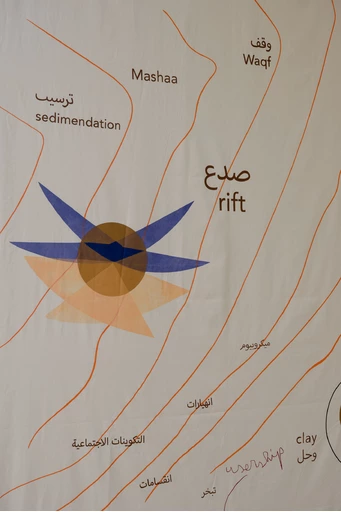
This essay, “Enclosures from Below: The Mushaa’ in Contemporary Palestine,” from geographer and researcher Noura Alkhalili is shared as part of the project Usufructuaries of earth, co-convened by BAK with artist Marwa Arsanios. It is one of the readings for the Amman reading group convened by artist-led research group Bahaleen involving locally-invited artists and researchers.
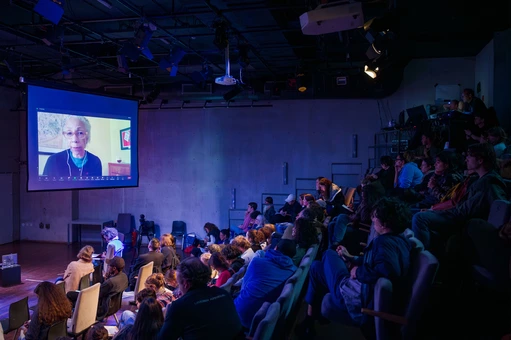
This chapter, “Scholar-Activists in the Mix,” from Ruth Wilson Gilmore's Abolition Geography: Essays Towards Liberation (2022) is shared as part of the project Usufructuaries of earth, co-convened by BAK with artist Marwa Arsanios. It is one of the readings for the Amman reading group convened by artist-led research group Bahaleen involving locally-invited artists and researchers.
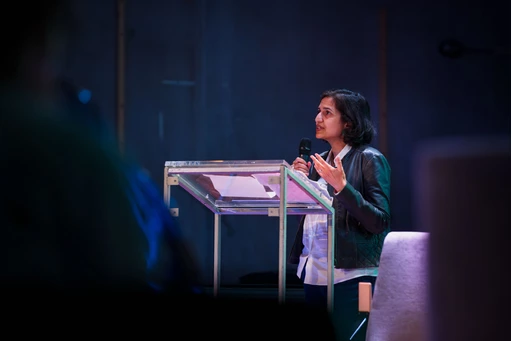
This chapter, “Improvement,” from legal scholar Brenna Bhandar’s Colonial Lives of Property: Law, Land, and Racial Regimes of Ownership (2018) is one of the readings for the Amman reading group convened by artist-led research group Bahaleen involving locally-invited artists and researchers, as part of Usufructuaries of earth chapter two reading groups and slow-growing reader.
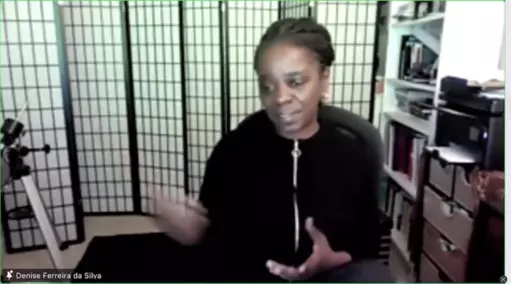
Originally published in Otherwise Worlds: Against Settler Colonialism and Anti-Blackness (Duke University Press, 2020), this essay, "Reading the Dead: A Black Feminist Poethical Reading of Global Capital" by academic, philosopher, and artist Denise Ferreira da Silva is shared here in the context of the project Usufructuaries of earth, co-convened by BAK with artist Marwa Arsanios. This chapter is one of the readings for the Berlin reading group convened by Joud Al-Tamimi and Lama El-Khatib, titled “On Value-Disrupting Activity,” at Hopscotch reading room, 5 May 2024. This reading group explores the political and theoretical stakes of value as it links to violences enacted on and through land and property in Palestine and elsewhere.
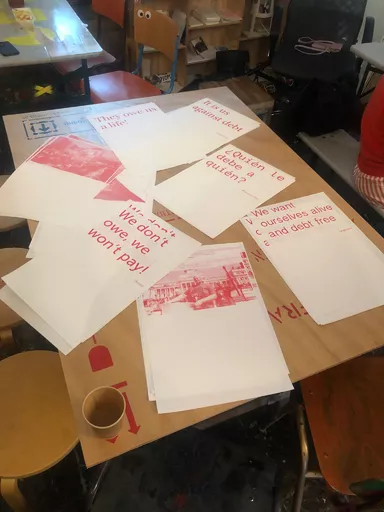
Three excerpts are republished here from researchers and activists Verónica Gago and Lucí Cavallero’s A Feminist Reading of Debt (London: Pluto Press, 2021). The text opens with a simple concept: that contemporary debt cannot be understood by only looking at “public debt,” and must instead look at the indebtedness present in everyday life. The authors call for debt to be adopted by social movements as a key issue, and furthermore, for people to be cognizant of the links between debt and sexist violence.
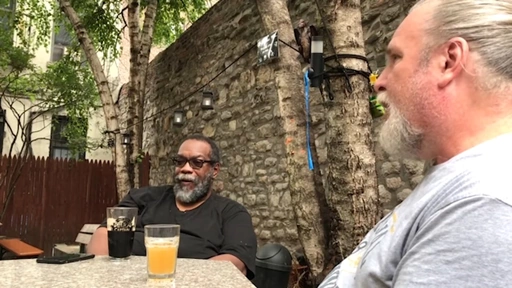
This is an extract from the chapter “Debt and Study,” in Stefano Harney and Fred Moten’s The Undercommons: Fugitive Planning & Black Study (2013). Across its three sections—Debt and Credit, Debt and Forgetting, and Debt and Refuge—this extract traces the sites and practices of “desired” and undesired debt that perforate contemporary financial capitalism and western culture. The text moves through different people who are marked as debt carriers, such as the precariat, the student, and racialized people, among others.
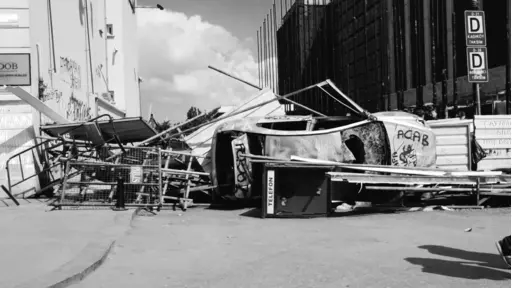
“Riot Now: Square, Street, Commune” is a chapter from political theorist Joshua Clover’s Riot. Strike. Riot: The New Era of Uprisings (Verso, 2016). Taking the classical Greek agora—a place of assembly and commerce—as a starting point, Clover suggests that it is perhaps no coincidence that many of the riots and occupations that emerged in recent decades either happened or began in modern squares. He speaks of how this emergence of rioters corresponded to “an underlying political-economic unity, a material reorganization of society, which provide[d] them a shared set of problems and a shared arena in which to confront them.”
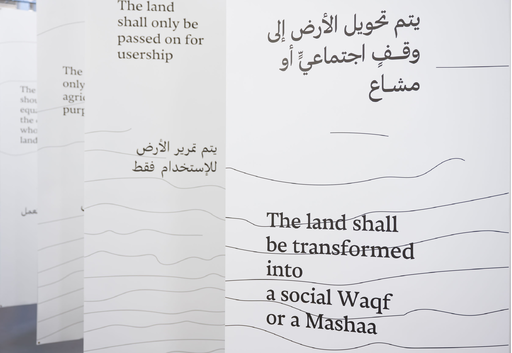
Charting the interconnectedness of capitalism, colonialism, and nationalism, Peter Linebaugh’s “Palestine & the Commons: Or, Marx & the Musha’a” speaks of “the violence of mapping, titling, buying, and selling which cast people into cities and camps following their expropriation from the land.”
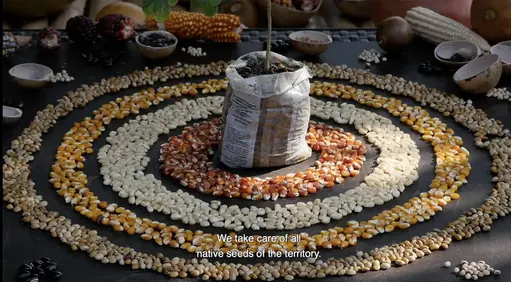
Originally published in Kohl Journal, this interview is between Samanta Arango Orozco, a member of Grupo Semillas, and the artist Marwa Arsanios, who is co-convening with BAK, basis voor actuele kunst the multi-chaptered project Usufructuaries of earth until 2 June, 2024.
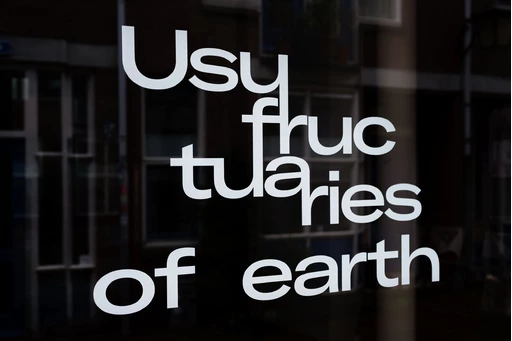
A slow-growing table of contents for the Usufructuaries of earth online reader. The reader emerges, to begin with, as a constellation of archival texts assembled here through the “Usufructuaries of earth” focus on Prospections. Throughout the duration of Usufructuaries of earth project and beyond, diverse content—long reads, interviews, conversations, and visual interventions—will incrementally be (re)published into a public research and learning curriculum that studies histories and propositions of usufruct, of renewing shared practices of usership of and with earth.
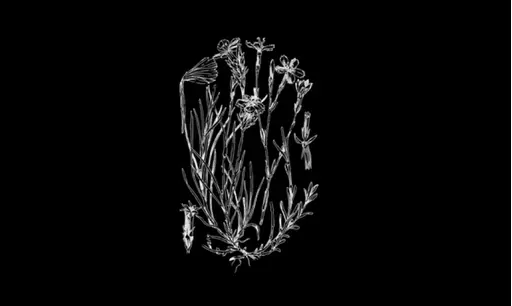
“We are in the siege of a nature that has been hurt, divided, defiled, poisoned, harmed, and made to bleed,” writes Pelşîn Tolhildan, member of the Kurdish Women’s Movement.
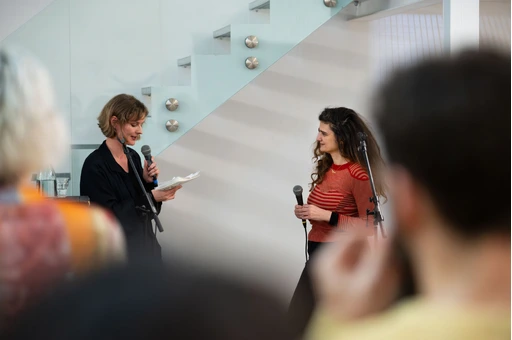
Usufructuaries of earth is the first comprehensive exhibition of Marwa Arsanios’s work in the Netherlands. The exhibition foregrounds the artist’s collaborative approach to bringing together ecological, feminist, and decolonial knowledges and practices that put forward ideologies of usufruct, unhinging property-relations from the idiom of individuated possession and toward forms of common, more-than-human userships. Here is an audio tour of the exhibition given by BAK convenor of research and publications Wietske Maas.